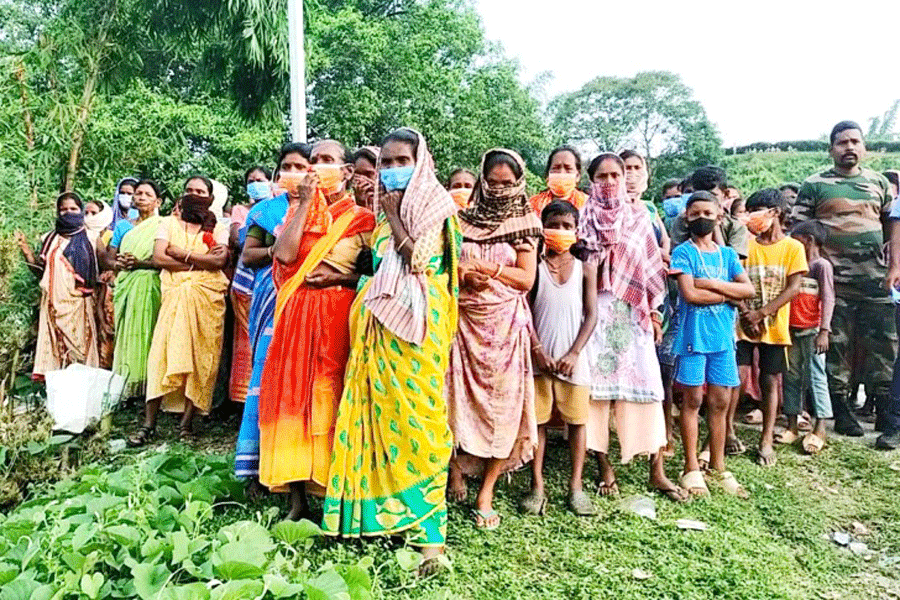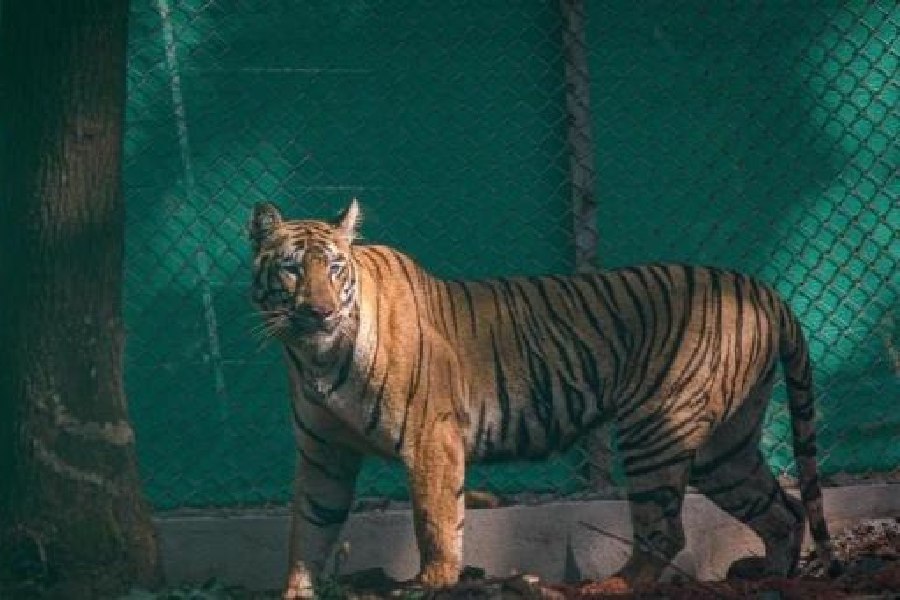Durga Baraik, a youth from the Nagrakata tea estate of Jalpaiguri, had left home with his friend Sagar Kheria a few months back for Bangalore where they found jobs as waiters.
On Tuesday, Durga returned home in an ambulance, seated next to Sagar’s lifeless body.
Sagar, like nearly 300 others, died in the triple-train accident at Bahanaga Bazar station of Odisha's Balasore district on Friday evening. Along with Durga and 12 others, he was returning home in the Yeshwantpur-Howrah Express which also met with the accident after the derailment of the Chennai-bound Coromandel Express.
“There was a sudden thud and I fainted," recalled Durga about the horrifying accident. As I regained my senses, I found Sagar stuck under some mangled iron pieces. I, along with some others, managed to get him out of the coach. He was bleeding. We laid him next to the rail tracks and shouted for help,” said Durga.
Around 15 minutes when nobody turned up, the youth and his companions managed to get hold of some bed sheets.
“Another person was also critical. So we put Sagar and this other person on bed sheets and ran along the tracks with them. Sagar was still in his senses, and despite his pain asked me to slow down as I was perspiring,” Durga wept.
After running for some time, they spotted an ambulance. “We shouted for assistance again and the ambulance stopped. We laid Sagar on the stretcher and were taken to the nearest government hospital. Sagar was losing his senses. He was provided with oxygen support, but he gave a gasp and died. I will lament throughout my life that my friend died owing to delay in treatment,” said the youth.
Durga brought back Sagar's mortal remains. "I will never forget the tragedy we faced,” he said.
On Tuesday morning, an ambulance carrying Sagar’s body reached the tea garden. Hundreds of workers and their families assembled to attend his last rites on the banks of Sukhani, a local stream.
The youth’s death again brought to the surface the absence of employment opportunities in north Bengal, especially the tea belt.
Alok Chakraborty, a senior trade union leader based in Siliguri, said that for years, recruitment had stopped in the tea gardens, which is an important industry in north Bengal.
“Unlike the traditional agricultural belts, there is little option in the tea estates for youths to (do something else, like) serve in farms as daily-rated workers. That is why youths from tea estates move out to other states. Recently, the state government is taking certain initiatives to provide alternative earning options for the youths,” he said.
The Jalpaiguri district administration has made arrangements to take the representatives of the families of the deceased and the injured — two persons from the district have died in the train accident — to Calcutta on Wednesday.
There, chief minister Mamata Banerjee will hand over compensatory cheques and job letters to them.











